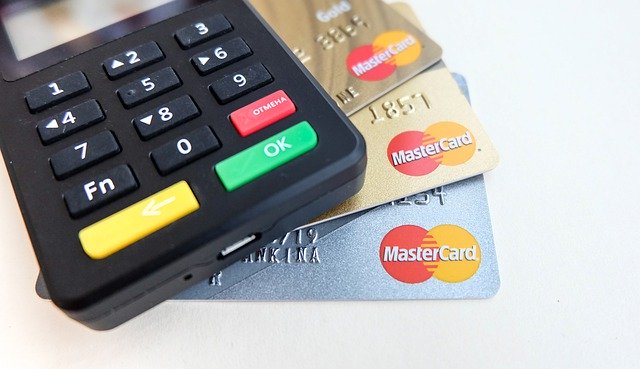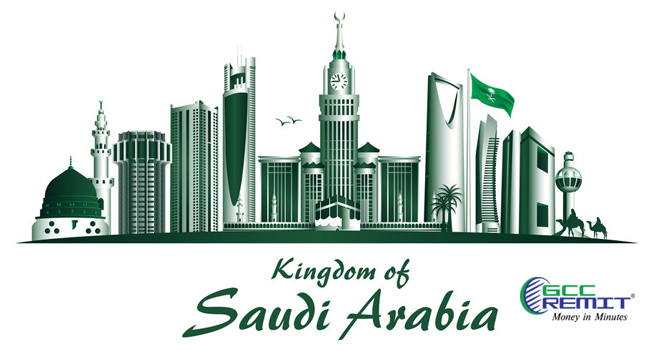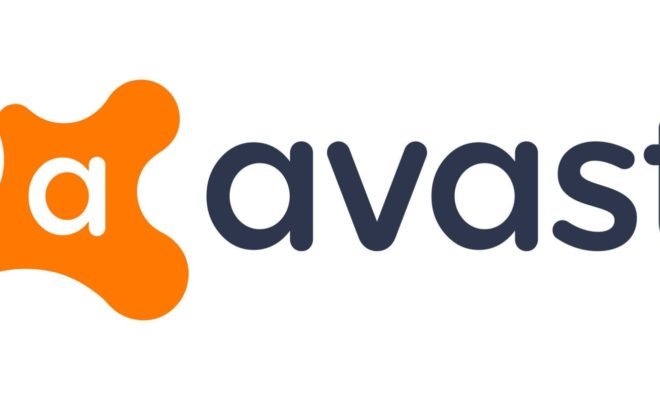Foreign Exchange – How it all Started

For the currency trading, the foreign-exchange market (Forex/FX/Currency-Market) is a global decentralized or over-the-counter (OTC) market. It determines the foreign-exchange rates. It’s also the largest and the most liquid financial market in the world, includes all aspects of buying, selling and exchanging currencies at current or determined prices. Large international banks are the main participants. It also works through many financial institutions and operates on several levels. It is also known as inter-bank market as most of the banks acts as a dealer here. It also assists international trades and investments by enabling currency conversion. The beginning of this foreign-exchange market starts forming from 1970s.
Around 1850, Alex, Brown & Sons traded foreign currencies and became the leading currency trader in USA. Banco Espírito Santo in 1880, received the permission to engage in a foreign-exchange trading business and considered as a source for the beginning of modern foreign-exchange. The holdings of countries’ foreign-exchange increased at an annual rate of 10.8% from 1899-1913. The pound-sterling was used to conduct nearly half of the world’s foreign-exchange then. In Paris, New-York and Berlin, the trades in currencies was most active at the beginning of 20th-century. Within 1919-1924, in London, about 40 firms were operating for the exchange purposes and it became integral to the financial functioning of the city by 1928. In Europe and Latin-America, continental exchange controls, plus other factors, hampered any attempt at wholesale prosperity from trade for those of 1930s London.
After WW2, the Bretton Woods Accord was signed in 1944 that allowing currencies to fluctuate within a range of ±1% comparing the currency’s par-exchange-rate. The Foreign Exchange Bank Law was introduced in 1954 by Japan and Bank of Tokyo became the center of foreign-exchange. Japanese law changes allow foreign-exchange dealings in more Western currencies between 1954-1959. In 1971, the ending of Accord and fixed-rates of exchange is credited by U.S. President, Richard Nixon that resulting in a free-floating currency system. After this, the Smithsonian Agreement allowed rates to fluctuate by up-to ±2%. The agreement was ceased in March-1973 by those involved in controlling exchange-rates, for unrealistic boundaries. The volume of trading in the market increased three-fold from 1970-1973 and at the same time some of the markets were “split” and a two-tier currency market is introduced with dual-currency rates. In June-1973, Reuters introduced computers to monitor trading quotes.
The Forex markets were forced to close between 1972-1973, due to the ultimate ineffectiveness of Accord and European Joint Float. The state control of foreign-exchange trading ended in developed nations, when complete floating and relatively free-market conditions of modern-times began in 1973. As part of changes beginning, People’s Bank of China in 1981 allowed certain domestic “enterprises” to participate in foreign-exchange trading. Introduction of free-trade is allowed by the South Korean government by ending foreign-exchange controls. But in 1988 they accepted the IMF-quota for international trade. In 1985, the intervention of European banks influenced the foreign-exchange market. Iran in 1991 with other countries changed international agreements from oil-barter to foreign-exchange.
________________________
Source: Innovation Chasers.com










